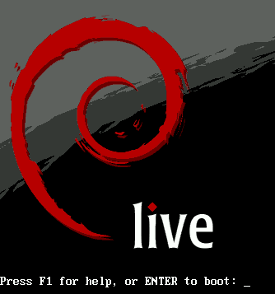The Raspberry Pi Report
If you want to add ‘Internet of Things’ functions to your home, you can now do so with relative ease using Raspberry Pi and Cayenne, an easy-to-use online service.
As the Internet of Things gets bigger and bigger, some of you may be wondering how you can get started with IoT without having to purchase an expensive setup. Companies such as Nest and Wink are great for automating your home, but who wants to spend a lot of money only to realize that home automation isn’t for you? This is where the Raspberry Pi can be a great tool for figuring out if the IoT world is right for you. But even if you own a Raspberry Pi and are tech-savvy, getting started in the IoT realm can be quite daunting, which is where Cayenne comes into the picture.

Click to enlarge
In addition to hosting a Raspberry Pi meetup in Washington D.C., Isaac Carter is a co-host on mintCast. He’s also a software engineer who enjoys working with Java, JavaScript, and GNU/Linux. When he’s not coding, you can find him reading on any number of subjects or on the golf course.



 But this incident wasn’t to be pushed aside. The emails started coming in faster and faster, until I acknowledged that I had a real problem.
But this incident wasn’t to be pushed aside. The emails started coming in faster and faster, until I acknowledged that I had a real problem. One of my New Year’s resolutions this year is to only use cloud services when absolutely necessary. Web apps are great tools when you need to collaborate at a distance, but other than that you’re better off keeping your work on your own machines, for privacy reasons if nothing else.
One of my New Year’s resolutions this year is to only use cloud services when absolutely necessary. Web apps are great tools when you need to collaborate at a distance, but other than that you’re better off keeping your work on your own machines, for privacy reasons if nothing else.

 First things first: I know that the wide number of variants in the BSD family are primarily aimed at servers. That said, it’s clearly understandable that with the exception of
First things first: I know that the wide number of variants in the BSD family are primarily aimed at servers. That said, it’s clearly understandable that with the exception of 
 How do you receive and send your email? Inquiring minds want to know.
How do you receive and send your email? Inquiring minds want to know.
 Reading the post, you might be excused for thinking it’s not all wine and roses over in Debian-land. “Debian can be great,” Baumann wrote. “But depending on who you are, where you come from, and who your friends are, Debian can also be hateful and full of deceit.”
Reading the post, you might be excused for thinking it’s not all wine and roses over in Debian-land. “Debian can be great,” Baumann wrote. “But depending on who you are, where you come from, and who your friends are, Debian can also be hateful and full of deceit.”